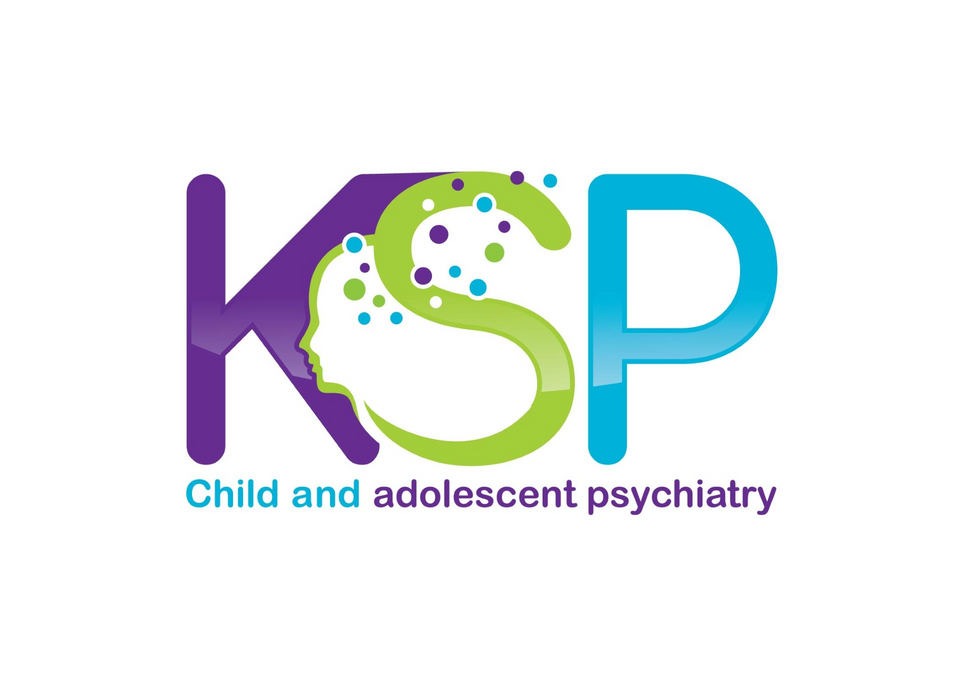Mental Health

There are many options in the Dutch healthcare system to find a mental health practitioner.
Many internationals struggle with mental health issues. According to Aetna International, depression and anxiety are the most prominent mental health issues amongst expats. Knowing where to go for help in a new country, and how to navigate the healthcare system, is a vital step in ensuring that you receive the assistance you need.
How to find a mental health practitioner
Generally, there are two formats of mental healthcare in the Netherlands: the bigger, 'public' locations or practices connected to the GGZ, or the more 'private', 'vrijgevestigde' practices.
The 'public' locations and practices have contracts with most insurance companies, and cover clients that have the basic insurance packages as well. However, unfortunately, the waiting time for these practitioners can often be up to several months long, depending on where in the Netherlands you are.
The 'private' practices, in contrast, do not always have these contracts with insurance companies. While this does not mean that it is impossible to get coverage from the insurance, it is not always guaranteed. The client will have to pay the practitioner and submit the invoice to their insurance company with a request to cover for it. In short, 'private' practicioners sometimes offer less coverage, and the exploration of coverage options lies with the client after having paid the practitioner themselves. However, this also means that there are usually shorter waiting lists for these practices.
Regardless of which type of practice you choose to go to, it is almost always required to attain a referral letter from the GP in order to be eligible for coverage of the therapy cost. For practices that work with 'zelf-betalers' (self-payers) this is not always the case.
Tips for Those Seeking Help
If the need for mental healthcare is pressing, try to prioritise getting help as much as possible. Simply being on the waiting list for a practice that will cover the expense is often not enough, as mental health problems usually do not go away on their own and may get worse if mental healthcare is postponed. This may mean considering temporary therapy with private practices and, if necessary, making some financial adjustments in other aspects of life (such as hobbies). Postponing mental health care is likely to intensify your problems and can lead to taking more financial effort and time to treat in the long run.

Searching For A Practice or Therapist
If you are looking at a practice or therapist, call them and ask very specifically what they would need from you in order to register (e.g. if a referral letter is necessary or not, etc.) In the same vein, try to review the practitioner's registrations and certifications within the Netherlands.
Contact your insurer before starting therapy yourself and ask for details regarding coverage options with your chosen practice, 'instelling', or private practitioner. Preferably, get these answers from your insurer in writing! Different insurers and policies cover different practices and percentages of costs (typically between 60% and 100%).
Most importantly, try to remove shame and self-imposed stigma from your choice to seek help. It is mature and brave to acknowledge your own suffering, vulnerability and the need for a helping hand.






